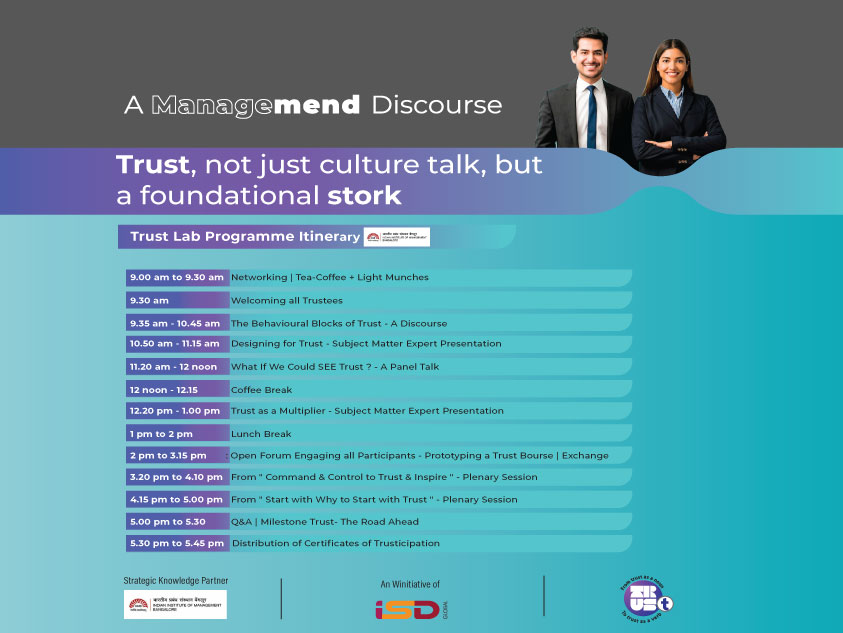What do startups need to be successful?
We asked IDC to survey startups in Oracle for Startups about partner preferences, funding challenges, obstacles, and relationships with cloud providers. The complete InfoBrief, “What Startups Need Most and Where They Find It,” can be found here.
Oracle for Startups offers companies a 70% discount from Day 1, free cloud credits, and migration and technical support. For qualifying startups, there is also go-to-market, communications, and mentorship support.
How we did the survey
IDC gathered responses in July from 56 startups actively participating in our program. Most of these startups have belonged to or are currently participating in other startup programs, such as NVIDIA Inception. Respondents came from around the globe. In addition, IDC interviewed five companies in the program at length.
One-half of surveyed companies have been in business three years or longer, 84% anticipate growing and scaling over the coming year (vs. 16% that expect to be acquired or go public), and less than 9% report revenues below $10,000 for 2020. They are overwhelmingly clustered in high-tech fields, with AI leading the way (55% percent).
Startups like one-stop shopping
IDC found that corporate partnerships with technology vendors are highly valuable to the startup community. 70% of startups surveyed listed corporate partnerships as the 1st or 2nd most valuable option. It’s important to note that IDC listed other corporate programs, by name, for the question.
“Not only do they provide technology support, but corporate partnerships also provide benefits in aligned business areas such as marketing, market access, business knowledge, and expertise,” IDC’s Simone de Bruin and Stuart Wilson write: “It is the extensive range of benefits and value-adds on offer that attracts startups to corporate programs of technology vendors.”

Investors rank lower
Business angels were the second most important partner at 32%, followed by VCs at 30% and corporate venture capital at 20%.
The information was a surprise to IDC’s de Bruin. On a recent video chat, she noted: “It was beyond what we would have expected. To clarify: these participants did not only just participate in a corporate program, they also had other partners, like VCs or research institutions that they work with, which eliminates the bias in that way.”Could it be that VCs and angel investors have a bias toward shiny objects and fast growth? Whereas a corporate program might provide guidance toward products and services with long legs? It’s something to think about.
Accelerators and research institutions rank even lower
Only 16% choose accelerators, and research institutions come in second to last at 11%.
Accelerators might not meet the goals of independent-minded entrepreneurs who want to work at their own pace with their own goals in mind — and not give up any more equity than is absolutely necessary. Accelerators traditionally involve an application process, a set calendar, and the goal of working toward a specific product. As a former accelerator participant mentioned in this Wharton Business School article, accelerators can also be a time suck.
“Many (not all) accelerators offer unhelpful distractions,” wrote startup founder Karthik Sridharan in the Wharton Magazine. “This can include requiring participation in multiple daily social events and forcing startups to meet with dozens of tangentially relevant ‘mentors’ and ‘friends of the program’.”
But research institutions are a key source of talent
Research institutions aren’t a favored partner, but they are the top choice for HR and Talent Acquisition (23%). Research institutions are often the incubator for great ideas. We’ve heard from many startups that got their start at an institution. In fact, our sister program, Oracle for Research, gives us a unique bridge to help. But that’s a topic for another blog.
Year one’s business challenges aren’t year five’s struggles
The youngest startups (six months in business or less) say their №1 struggle is landing the first client. Those startups that are one to two years old find the prospect of international expansion to be the most challenging hurdle. It’s not till years three to four that accessing capital is the №1 concern.
This could be because 39% of the surveyed startups say they are bootstrapped. It turns out that cloud credits and marketing support from corporate programs are an alternate form of financing.
“When Oracle came to us, we had a big spend in tech,” explains Rodrigo Soriano, founder of Airfluencers, a Brazillian company. “For a small company, a big spend in tech — especially when you don’t have investors — is a big issue. Instead of having to get funding from investors and selling them shares, I’m getting support from Oracle … Oracle is supporting my tech, and I can use the money that I would have spent on infrastructure for something else.”
Startups live in a multi-cloud world
Startups are savvy and wary. They don’t bet the business on one cloud vendor basket. 86% told us they considered other cloud providers, and 68% are using another cloud provider in addition to Oracle. Respondents said they do this for various reasons, including limiting risks, optimizing cloud credits, remaining independent, and listening to developers’ preferences.
The multi-cloud world is a reality we embrace. You can read more about how startups in Oracle for Startups mix and match different clouds and why they do it.
So what are the most essential features of a cloud?
When it comes to what they want in a cloud, flexibility, scalability, and security lead the way. Here is the breakdown (combining valuable and very valuable):
- 96% — flexibility
- 93% — security
- 90% — scaleability
- 84% — technology innovation and openness/interoperability
As the IDC writers noted, “storing, managing, and processing data and apps in the cloud offers startups a robust, secure, and scalable IT infrastructure ready to grow with them. Pay as you go and scale as you grow is the mantra for startups, and cloud platforms can deliver this.”
Reputation and business advantages matter
- 96% of startups said the reputation of a vendor partner is of high to moderate importance.
- 87% say a proven record in cloud computing is of high to moderate importance.
- 86% say business and go-to-market are ranked important or very important.
The startup ecosystem is a unique and exciting space. It’s constantly adapting to emerging technologies, consumer behaviors, global business trends, unforeseen circumstances (pandemic), and so much more. Startups are vital to pushing innovation forward for the betterment of business, society, and humanity. We’re proud to play a part in this dynamic and thrilling space. We’ll keep sharing our insights and learnings so we can all grow together.
…
This article first appeared in medium.com
Seeking to build and grow your brand using the force of consumer insight, strategic foresight, creative disruption and technology prowess? Talk to us at +971 50 6254340 or mail: engage@groupisd.com or visit www.groupisd.com/story



